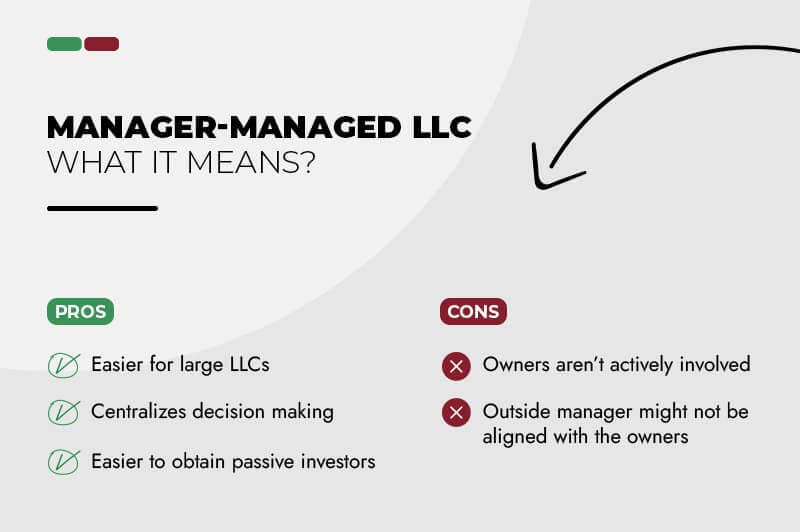- Form an LLC
- Services
-
-
-
Start your business
-
-
-
Compliance & operations
-
-
-
Branding & marketing
-
-
-
- Resources
-
-
-
Articles and guidance covering the entire business journey.
-
-
-
Answers and support on how to effectively use Tailor Brands.
-
-
-
Learn how to build a business with videos and resources.
-
-
-
A detailed guide to establishing an LLC in all 50 states.
-
-
-
- Why Tailor Brands
- (332)-286-2770



